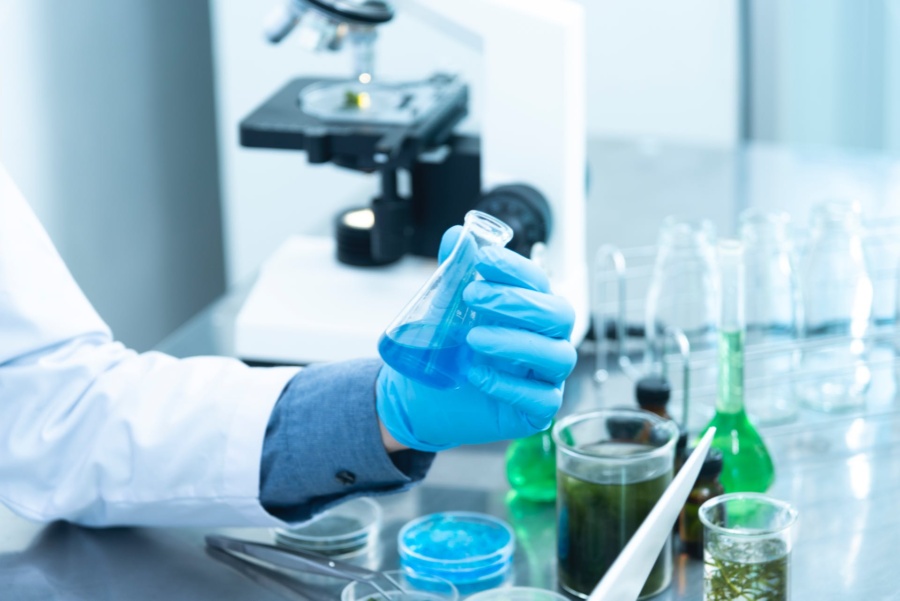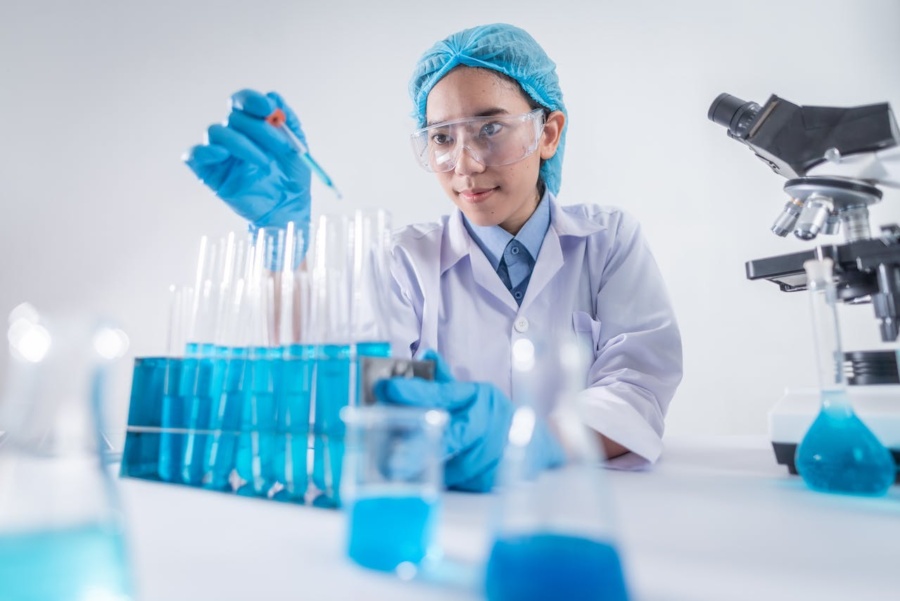Subject Spotlight: Biomedical Science
What is Biomedical Science?
Welcome to the dynamic field of Biomedical Science, an interdisciplinary area that blends biology and medicine to improve human health. Studying Biomedical Science allows you to delve into the mechanisms of diseases, discover new therapies, and contribute to advancements in healthcare.
Biomedical Science is the study of life processes, diseases, and health in relation to humans. It involves applying biological principles to clinical practice. This includes understanding the causes of diseases, their symptoms, diagnosis, treatment, and prevention.
Why Study Biomedical Science?
Choosing to study Biomedical Science can provide several advantages:
- Improving Health: You’ll contribute to improving human health by studying diseases and finding new treatments.
- Career Opportunities: A Biomedical Science degree opens up a wide range of career options in healthcare, research, pharmaceuticals, and more.
- Scientific Advancement: You’ll be at the forefront of scientific discoveries, contributing to innovative solutions to health challenges.

What’s it like to study Biomedical Science?
Studying Biomedical Science involves learning about human biology, microbiology, genetics, immunology, and pathology. You’ll participate in lectures, laboratory sessions, and potentially research projects or internships.
What Can You Do with a Biomedical Science Degree?
A degree in Biomedical Science can lead to a myriad of rewarding careers. Here are some potential career paths:
- Biomedical Scientist: Biomedical scientists carry out a range of laboratory and scientific tests to support the diagnosis and treatment of disease. They work in areas such as microbiology, immunology, cellular pathology, and clinical biochemistry.
- Clinical Scientist: Clinical scientists research and develop techniques and equipment used in healthcare to aid the diagnosis, treatment, and prevention of disease. They often specialise in a specific area such as genomics, immunology, or bioinformatics.
- Microbiologist: Microbiologists study microorganisms like bacteria, viruses, algae, fungi, and parasites. They conduct research to understand how these organisms live, grow, and interact with their environments.
- Biochemist: Biochemists examine the chemical and physical principles of living things and biological processes. They use their findings to contribute to medical and scientific research.
- Research Scientist: Research scientists design and conduct experiments and analyses within a specific scientific discipline. In the field of biomedical science, this might involve researching new medicines or treatments.
- Pharmaceutical Scientist: Pharmaceutical scientists are involved in the development and assessment of therapeutic compounds. They work on drug discovery and development, ensuring the safety and efficacy of new medications.
- Healthcare Manager: Healthcare managers use their understanding of healthcare and biomedical science to manage healthcare facilities, services, and programs. They may work in hospitals, clinics, public health departments, or healthcare consulting firms.
- Public Health Specialist: Public Health specialists use their knowledge of biomedical science to protect and improve community health. They may work on policy development, disease prevention, health education, and access to healthcare services.
Each of these roles requires a strong foundation in biomedical sciences, along with problem-solving abilities, analytical skills, and a deep understanding of human health and disease. As you progress in your career, you may also consider further professional qualifications to specialise in your chosen field.
Professional Bodies for Biomedical Science
Organisations like the Institute of Biomedical Science (IBMS) and the American Society for Clinical Laboratory Science (ASCLS) provide resources, updates, and networking opportunities for biomedical science professionals.
Careers for Biomedical Science Graduates
Graduates can work in healthcare facilities, research institutes, pharmaceutical companies, universities, and public health agencies. They may conduct diagnostic tests, perform research, develop new drugs, or inform public health policies.
Skills that Biomedical Science Students Need
Biomedical Science students need a strong foundation in biology and chemistry, analytical thinking, problem-solving skills, and a keen interest in medical research.

Typical Degree Titles that are Biomedical Science Focused
Degree titles in this field include Bachelor of Science in Biomedical Science, Master of Science in Biomedical Science, and PhD in Biomedical Science. Some programs offer specialisations in areas like clinical biochemistry, medical microbiology, or cellular pathology.
By completing an NCUK qualification, you have access to a wide range of Biomedical Science courses with our University Partners. Find more information about the wide range of courses, the universities offering them and the entry requirements using our course finder.